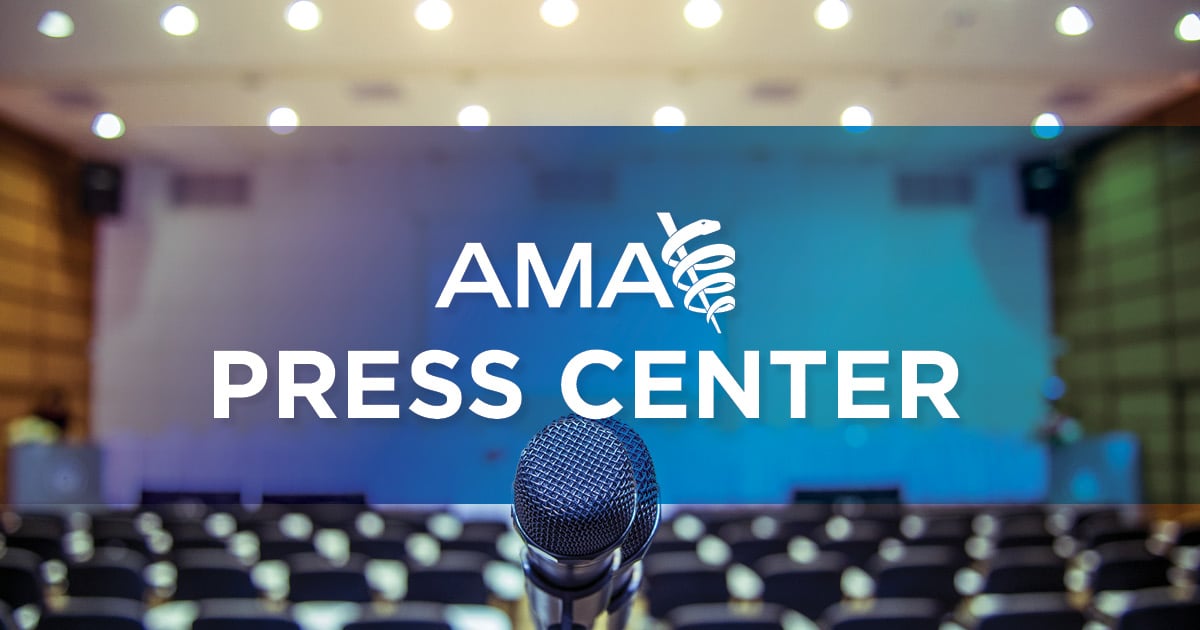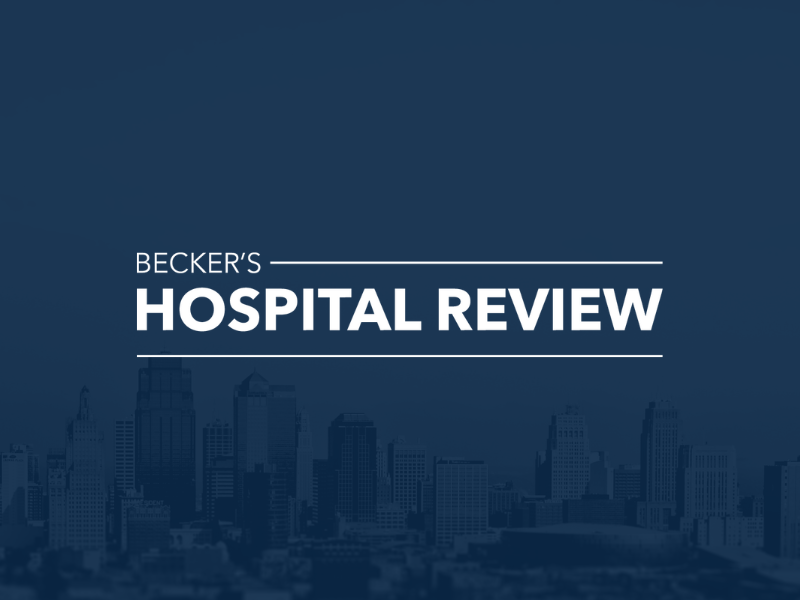- Advanced Practice Pulse
- Posts
- Stop, Drop, and Roll
Stop, Drop, and Roll
Feeling the Burn(out)?

Credit: Giphy
In Today’s Edition:
The California title debate is on fire
APPs shine a spotlight on the importance of suicide prevention training
Workplace violence is contributing to the burn
Check yourself: Combatting burnout with well-being & mindfulness
Meet your inspiration, Steven Mulik, DMSc, PA-C, CAQ-PSY
Students feel the burn too - we got you
We found a cool resource with 5.0h of FREE virtual CME hosted by psychiatry expert PAs and NPs
🩺 APP Trending News

Credit: Giphy
The California title debate is on fire
In a prior edition, we posted about a DNP who was sued by the Golden State for using the term “doctor.” The debate heated in June, when three NPs sued California over the restricted use of their well-earned degree. Well, the debate has turned into a fire fueled by the opposition as the California Medical Association (CMA) and the American Medical Association (AMA) filed a joint amicus curiae brief two weeks ago aimed at prohibiting the use of “doctor” by anyone other than physicians.
APPs shine a spotlight on the importance of suicide prevention training
NPs and PAs are increasingly the primary care providers (PCP) for many Americans. In fact, Medicare claims have had a notable increase in recent years (14 to 26%). According to the American Foundation for Suicide Prevention (AFSP), nearly 50,000 Americans die every year by suicide and 1/3 saw their PCP within their last month. The natural conclusion is that most of us could all use some extra training on approaching this subject with our patients. Lisa Riley, PA-C, MHP, and Ali Walker, PA-C, RRT have partnered with the American Foundation for Suicide Prevention (AFSP) to implement formal training on suicide prevention. Interested in joining the cause? Join your local AFSP chapter and create an educational program for your office or hospital!
⚙️ The More You Know
Workplace violence is contributing to the burn
This law firm’s analysis is frightening and Press Gainey findings correlate with the uptick in healthcare violent crime. Stay vigilant and don’t hesitate to use those panic alarms!
According to a prior Press Gainey survey, 2 nurses are assaulted every hour. We thought this opinion article hits home and confirms how many of us are feeling. Patient violence has indeed worsened. This doesn’t help the burn.
Check yourself: Combatting burnout with well-being & mindfulness
APPs (PAs/NPs) have a difficult job. Everyone in the healthcare field does! This resource from the AAPA is not just for PAs. Everyone in the industry can indulge in the many helpful resources provided here.
💡Inspiration for Aspirations
Meet your inspiration, Steven Mulik, DMSc, PA-C, CAQ-PSY
Dr. Mulik is an award-winning educator, mentor, preceptor and leader field of psychiatric care as a practicing PA for our servicemen and women at the Department of Veterans Affairs in Houston, Texas. We will be looking forward to his future contributions as he has expertise in the area of burnout.

Dr. Steven Mulik
Q: Can you tell us about your background and what inspired you to become a PA?
My work background prior to being a PA was varied, though I always had the intention of pursuing medicine in some form. I worked in retail while in college and obtained my CME after graduation. I worked as a CNA on a med/surg unit and then as a monitor tech doing EKG monitoring on a cardiac unit prior to my acceptance to PA school.
I initially had my eyes on PT school and medical school before I spent time shadowing two PAs and it just clicked for me; the PAs I shadowed with were enthusiastic about their roles and honest about what being a PA entailed and this helped me to finalize my choice to become a PA.
Q: Why psychiatry? What does a “day in the life of a psych PA look like?
When I went through my surgery rotation in PA school, my attending remarked that while my surgical prowess was lacking, my interview aptitude was not. He asked if I’d considered psychiatry and encouraged me to pursue the specialty further. In my experience, work as a psychiatric PA combines pharmacological expertise, strong interview skills, and frequent interprofessional collaboration (ie, neurology, social work, psychological services, etc). Psychiatry lets you work collaboratively with other specialties, develop meaningful clinical relationships with your patients, and the number of interventional and pharmacological treatments available to you as a clinician grows annually. Cliché as it sounds, with the right diagnosis and right medication, you can truly change your patient’s life for the better with one pill.
A typical day for me in outpatient psychiatry consists of either scheduled follow ups, new patient assessments, or walk in clinic needs. My scheduled follow up days consist of either (depending on the schedule) fully remote days seeing follow up patients on my panel, or in the face-to-face setting in clinic. My walk-in clinic duties run the spectrum of care from starting a new medication all the way up to admission for inpatient treatment.
Q: The variety in your day is so appealing! Can you explain what the CAQ-PSY credential means?
A Certificate of Added Qualifications (CAQ) is a voluntary credential that PAs can test for after meeting eligibility standards in CME, direct patient care hours, specialty-specific care goals, and earning a passing score on the CAQ exam.
These CAQs are available for a growing number of disciplines that PAs practice in. With specific regards to psychiatry, it means we’ve met these standards and passed the CAQ. I personally think the CAQ is a very useful metric to show professional commitment and competency in your discipline of choice as a PA.
Q: Is there anything else you would like to share with our readers?
I would recommend PAs explore all the opportunities this profession has to offer. Using my own experience, I chose to pursue a PA residency in mental health right after graduation which greatly improved my clinical competency in psychiatry and introduced me to life-long mentors in the field. I also recently completed my Doctor of Medical Science (DMSc) and have been able to use this advanced training to leverage paid non-clinical opportunities. I also spent several years precepting PA students and served one semester as a course director at a local PA program. These opportunities came from asking other PAs I looked up to, “how did you do it” and taking time to weigh out if the extra work and time commitment would pay off; in my case it did. There will always be naysayers who want to give you an opinion about what you are supposed to do as a PA, but I’ve found that there are just as many supportive PAs who want to see you grow and succeed.
I would recommend PAs explore all the opportunities this profession has to offer.
📈Future APPs

Credit: Giphy
Students Feel the Burn Too - We Got You
Medical training is no small feat. We have been there and we have you covered! Check out this insightful podcast from Meg Leddy, a Cardiothoracic PA and mom of two who managed to integrate wellbeing into her day and transform her life. There are enough hours in the day!
Pro-Tip: Take a 10-minute walk, rain or shine, and listen to nature…or a podcast! That sponge will be ready to soak up so much more knowledge and your body will thank you!
🧪Clinical Conundrums: Because We Love a Challenge!
Get 5.0h of FREE virtual CME hosted by psychiatry expert PAs and NPs!
The virtual format includes up to 5 CE/CME credits (include pharmacology credit) and topics include schizophrenia, tardive dyskinesia, major depression, bipolar depression, and PTSD.
🔎ICYMI
Pumpkin Spice and Contagions: Wait What?! A Diagnostic Refresher
Back to school, back to COVID, RSV, and Influenza
Data surveillance your jam? Track away with the CDC’s COVID tracker!
Newly approve COVID vaccines are backed by science, and some controversy…
Airfinity, new tracking agency, predicts an easier year
While CDC statements beg the question…just how reliable is forecasting?
Ultimate school application timeline resources
You don’t want to be the only interesting APP at the water cooler. Please share, subscribe, and let us know what you would like to see in upcoming editions! Aspire to add content contributions to your CV or your accomplishments? Please share your knowledge. We would love to hear from you!
Email [email protected]





